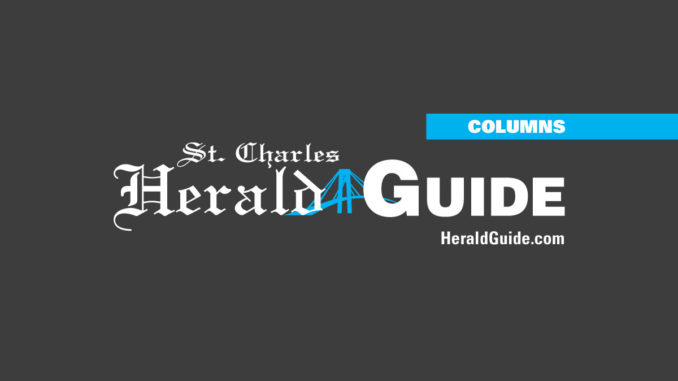
The House of Representatives in Congress recently passed a mammoth health insurance bill by the narrow margin of 220-215.
The U.S. Senate is now preparing to debate its version of health insurance “reform.” Swarms of lobbyists are descending upon the Capitol trying to influence the legislation. Back home on Main Street, millions of small businesses could be the casualties if a bill full of taxes, mandates, and increased paperwork burdens makes it into law. The following are some likely provisions that will be in the new law if it passes – – changes that should concern small businesses across Louisiana.
The so-called “public option,” no matter how it is structured, will have the implicit backing of the federal government (yet another “too big to fail” enterprise!) and will not compete on a level playing field with private insurance. Over time this will limit choices for small businesses, not expand them. With Medicare alone facing a $37 trillion unfunded accrued liability, it seems incredible that any elected official in Washington would be giving any thought to creating a new government-run health care program.
Many new taxes on health sector products, such as insurance premiums, medical devices, and prescription drugs, will be passed on to businesses and consumers. Additionally, the reduced payments to medical providers called for in some of the proposals will be shifted on to those who purchase private insurance.
Small businesses could be disproportionately affected by the tax on so-called “Cadillac” health plans. Due to existing federal laws, small businesses can’t avoid the expensive health care mandates that larger businesses can maneuver around. They also are in smaller purchasing pools and consequently tend to pay more than larger companies for health insurance. Since this proposed tax would not be indexed for inflation, in a short period of time most small business policies would be considered a “Cadillac.”
The proposed mandate that would require small businesses to provide an expensive health insurance policy or pay a large fine or fee would severely impact many small businesses that operate at a loss or a razor-thin profit margin. This provision could affect the job security and wages of their employees.
Market reforms, such as guaranteed issue and community rating – – if combined with a weak individual coverage mandate – – will lead to significantly increased premiums on small businesses and their employees.
Some affordable, value-driven health plans now available to small businesses (such as medical savings accounts coupled with high deductible policies) could be effectively outlawed under the legislation.
The tax credits being proposed to encourage small businesses to maintain or offer health care coverage for their employees may prove unworkable and provide little to no benefit for most small businesses. The proposal in the House bill is too limited (expires after two years) and too restrictive (limited to employees with salaries of $20,000 or less) to benefit most small businesses.
Unless the legislation being proposed in Washington changes significantly going forward, both taxpayers and small businesses have many legitimate concerns. Government intervention into health care has a concrete record of driving costs up, not bringing them down. When the folks in power on Capitol Hill talk about “paying for” this massive expansion of government, they aren’t talking about cutting other areas of the budget; they plan to tax more and move more of the costs from the public sector to the private sector. The small business community in Louisiana would do well to educate themselves thoroughly on what is coming down in Washington and to make their voices heard before it is too late.




Be the first to comment